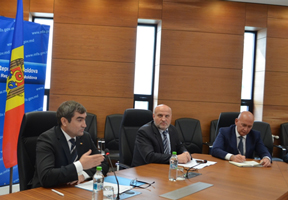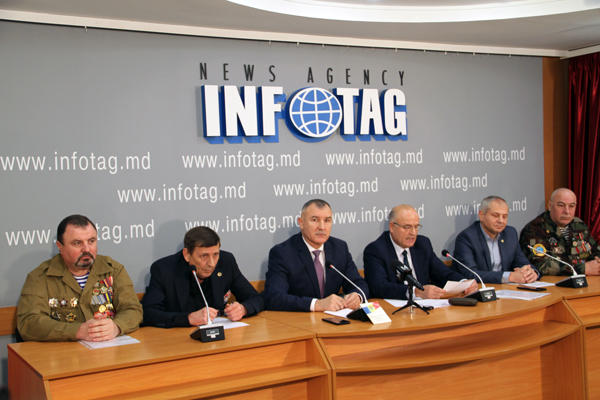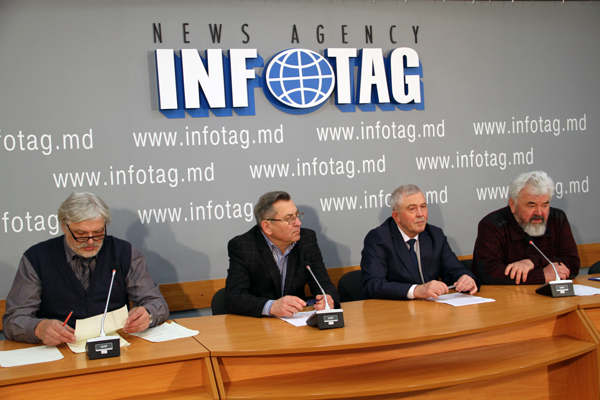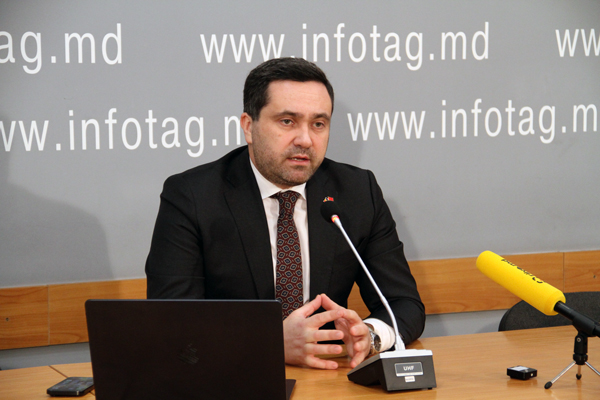Politics
RESTORATION OF CONTROL OVER TRANSNISTRIAN BORDER SEGMENT IS NATURAL AND LEGITIMATE – MFA

Moldova’s Deputy Minister of Foreign Affairs and European Integration Lilian Darii met with heads of diplomatic missions of the EU member states, the European Union Delegation, the OSCE Mission to Moldova, the Russian Embassy, the Embassy of Ukraine and the US Embassy and presented relevant information about the organization of joint control at the Moldovan-Ukrainian border checkpoint “Cuciurgan-Pervomaisc”.
During the meeting, held in the context of a broad public information campaign, Deputy Minister Darii underlined that the intention of the Moldovan authorities to restore control over the central/Transnistrian sector of the Moldovan-Ukrainian state border is absolutely natural and legitimate. This objective is based on the general principles of international law regarding the sovereignty and territorial integrity of states enshrined in the UN and OSCE fundamental documents, including in the OSCE Ministerial Meetings decisions on the Transnistrian conflict settlement process.
Deputy Foreign Minister Darii also noted that the joint control of the border crossing point "Cuciurgan-Pervomaisc" is to be carried out in accordance with the Moldovan-Ukrainian Agreement of 11 March 1997 and the Protocol between the Customs and Border Services of two countries signed on 4 November 2015. It was mentioned, in particular, that the project in question is supported by the European Union, a practical contribution to its realization is to be made by the EUBAM Mission. Such joint control is already performed for several years at the crossing points of the Moldovan-Ukrainian border “Briceni-Rososheny”, “Criva-Mamaliga”, “Larga-Kelmentsy" and “Giurgiulesti-Reni”.
Lilian Darii underlined that the purpose of conducting joint control at the crossing point “Cuciurgan-Pervomaisk” is to help facilitate trade flows, movement of transport and persons. It shall not hamper in any way the interests of businesses and individuals from the region. On the contrary, it will lead to the stimulation of export-import operations in the region, including of excised goods, in particular, by considerably reducing the time of customs control and transportation costs.
























Add Comment